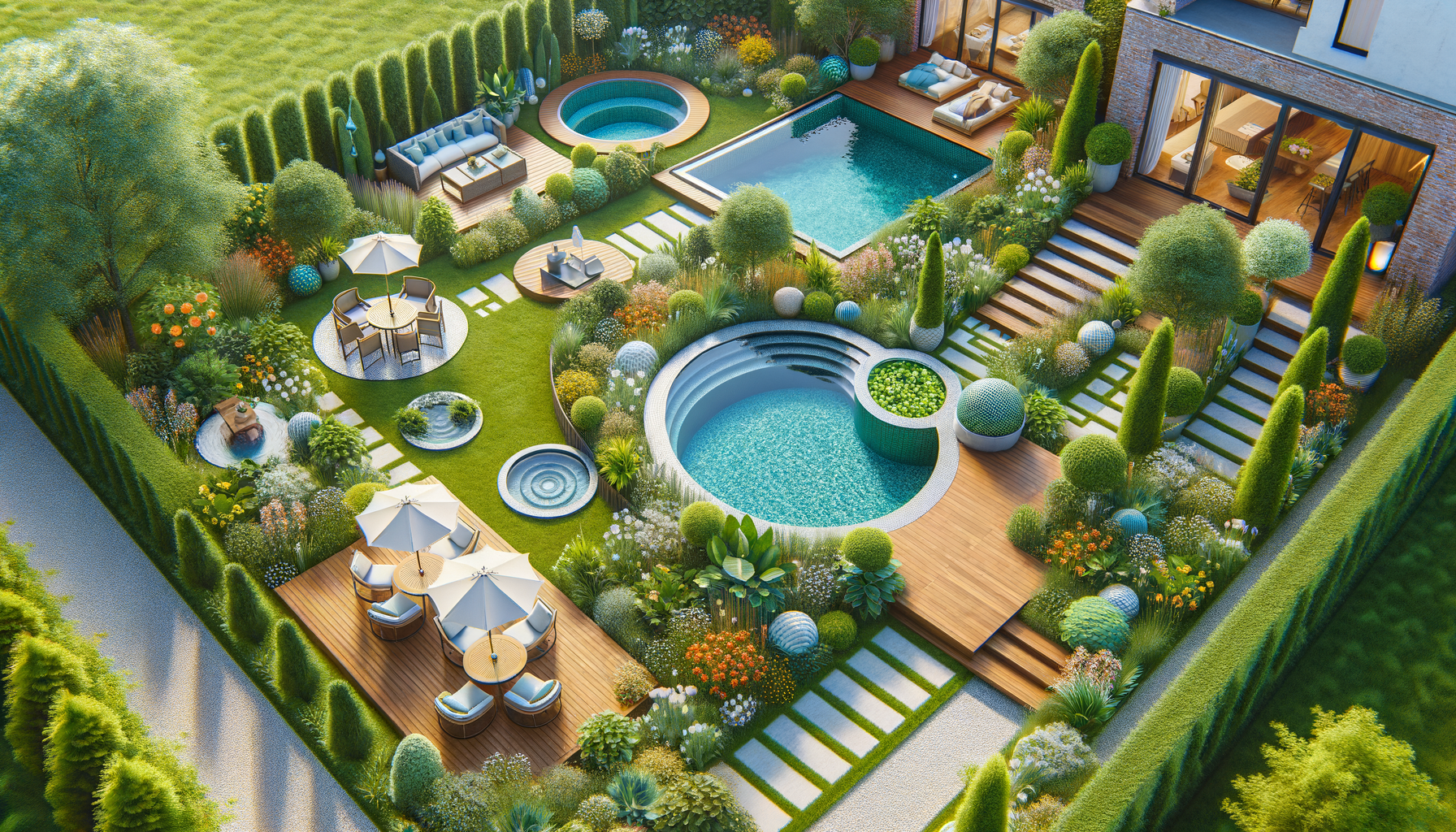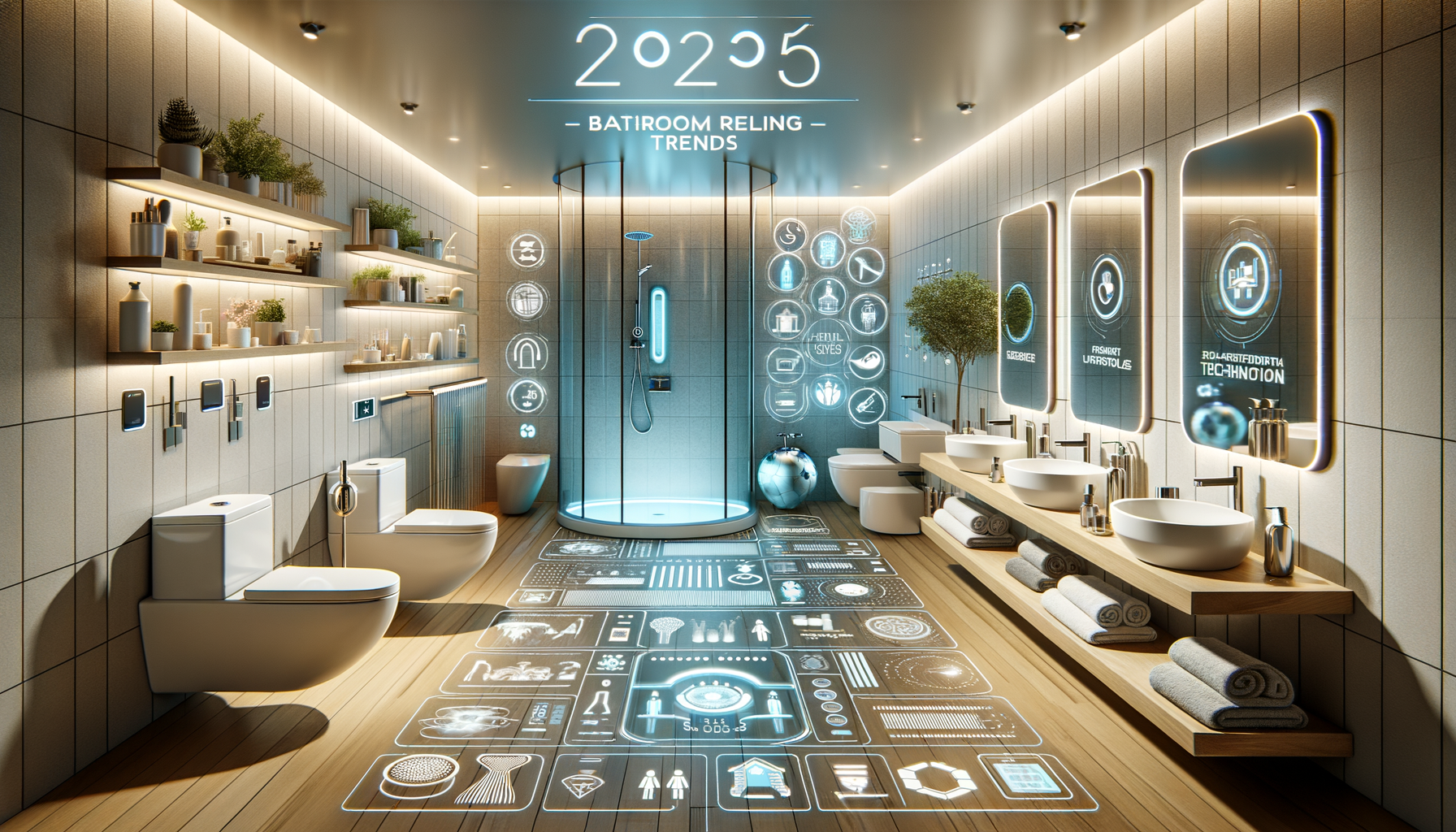Introduction to Small Pools
In recent years, the trend of installing small pools in residential gardens has gained immense popularity. These compact aquatic havens are not only space-efficient but also offer a refreshing escape from the summer heat. As urban living spaces become more constrained, the demand for small pools has surged, making them an attractive addition to any home. This article delves into the different aspects of small pools, offering insights into their benefits, types, and considerations for installation and maintenance.
Benefits of Installing a Small Pool
Small pools present a range of benefits that make them an appealing choice for homeowners. Firstly, they require less space, making them ideal for urban settings where garden areas are limited. Additionally, small pools are generally more cost-effective to install and maintain compared to their larger counterparts. They consume less water and require fewer chemicals, which translates to lower operational costs. Furthermore, small pools can be a focal point in landscape design, enhancing the aesthetic appeal of your garden.
Another advantage is the versatility they offer. Small pools can be customized to fit various shapes and styles, allowing homeowners to express their personal taste. They can also be equipped with features such as water jets or heating systems, providing a spa-like experience. Moreover, small pools are safer for families with young children, as they are easier to monitor and control.
- Space-efficient design
- Cost-effective installation and maintenance
- Enhanced aesthetic appeal
- Customizable features
- Safer for families
Types of Small Pools
When considering a small pool for your garden, it’s essential to understand the different types available. The most common types include plunge pools, lap pools, and spool pools. Plunge pools are designed primarily for relaxation and cooling off, often featuring built-in seating and jets. They typically range from 4 to 7 meters in length and are perfect for small spaces.
Lap pools, on the other hand, are elongated and narrow, suitable for exercise and swimming laps. They can be a great choice for fitness enthusiasts who wish to incorporate a workout routine into their daily lives. Spool pools, a hybrid between a spa and a pool, offer the benefits of both relaxation and exercise. They are often equipped with jets and heating, allowing for year-round use.
- Plunge pools: Ideal for relaxation
- Lap pools: Perfect for exercise
- Spool pools: Combination of spa and pool
Installation Considerations
Installing a small pool involves several considerations to ensure a successful project. The first step is to evaluate the available space and determine the most suitable pool type for your garden. It’s crucial to consult with professionals who can provide guidance on design, placement, and necessary permits. Additionally, consider the orientation of the pool to maximize sun exposure and minimize debris accumulation.
Budgeting is another critical factor. While small pools are generally more affordable, costs can vary based on materials, features, and labor. It’s important to obtain multiple quotes from reputable contractors to compare prices and services. Don’t forget to factor in ongoing maintenance costs, such as cleaning, heating, and chemical treatments.
- Evaluate available space
- Consult with professionals
- Consider orientation for sun exposure
- Budget for installation and maintenance
Maintenance of Small Pools
Maintaining a small pool is essential to ensure its longevity and usability. Regular cleaning is necessary to prevent algae growth and maintain water clarity. This includes skimming debris, brushing pool surfaces, and vacuuming the pool floor. It’s also important to monitor water chemistry, adjusting pH and chlorine levels as needed to maintain a safe swimming environment.
Seasonal maintenance tasks may include checking and servicing pool equipment, such as pumps and filters, to ensure they are functioning efficiently. Additionally, covering the pool when not in use can help reduce evaporation and keep debris out. By adhering to a regular maintenance schedule, homeowners can enjoy their small pool for years to come.
- Regular cleaning to prevent algae
- Monitor water chemistry
- Service pool equipment seasonally
- Use a pool cover to reduce evaporation
Conclusion: The Appeal of Small Pools
Small pools offer a practical and stylish solution for homeowners looking to enhance their outdoor living spaces without the need for extensive land or resources. Their affordability, combined with the ability to customize and integrate into various garden designs, makes them a popular choice. By understanding the benefits, types, and maintenance requirements, you can make an informed decision that aligns with your lifestyle and budget. Whether you seek relaxation, exercise, or a beautiful garden feature, a small pool can be a delightful addition to your home.



Leave a Reply